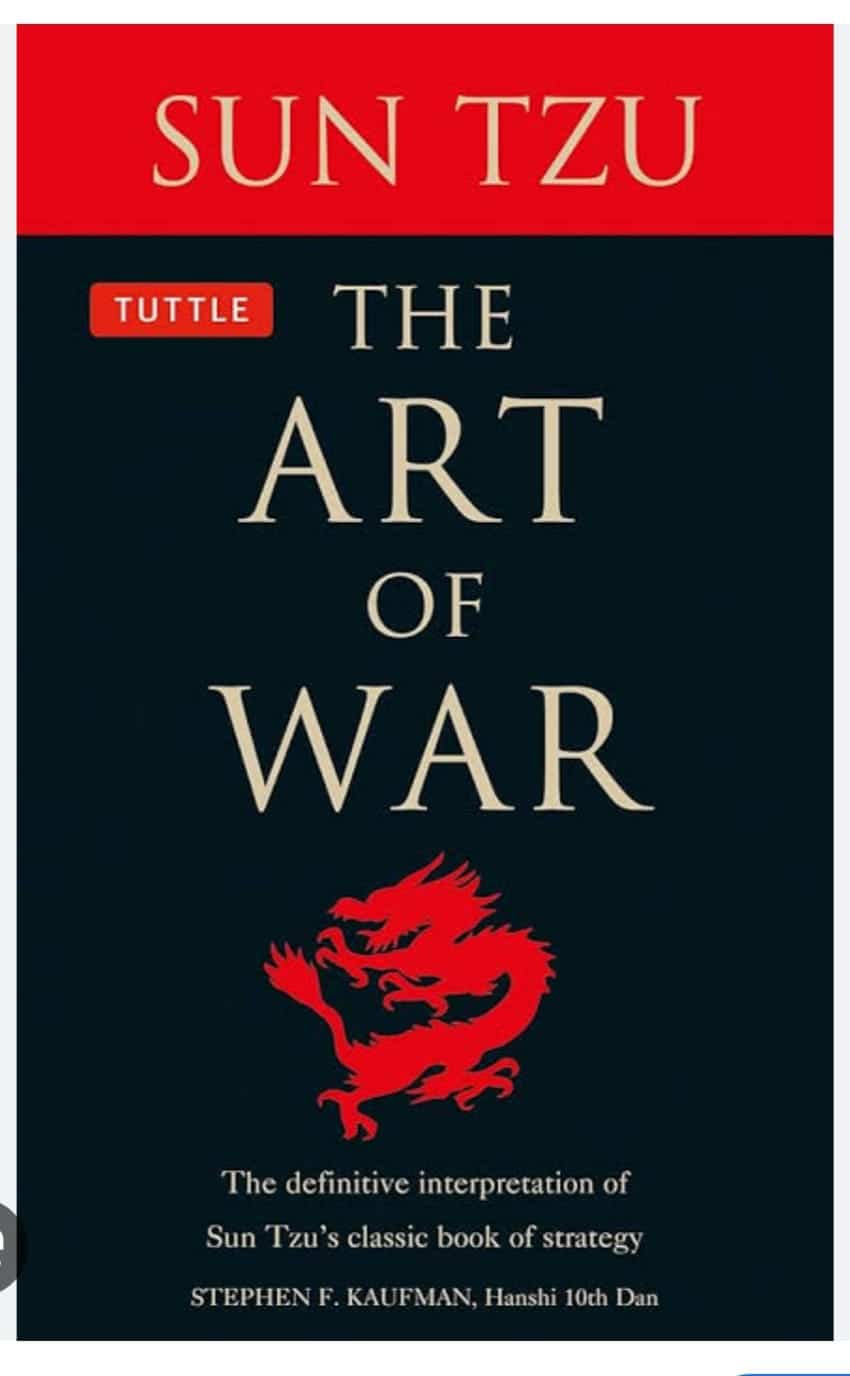
Sun Tzu’s The Art of War, written in the 6th century BCE, remains a timeless masterpiece on strategy, leadership, and conflict management. While originally crafted as a manual for military commanders, its principles have transcended the battlefield to find relevance in modern politics, business, sports, and personal development.
In its era, the treatise provided revolutionary insights into warfare, emphasizing preparation, adaptability, deception, and the economy of resources. These principles were groundbreaking for their time, highlighting the importance of understanding the enemy, leveraging terrain, and using intelligence as force multipliers.
In today’s world, Sun Tzu’s teachings continue to resonate because they emphasize universal truths about human behavior, decision-making, and competition. For instance, his dictum, “Know your enemy and know yourself, and you will not be defeated,” is a cornerstone of modern strategic thinking. Business leaders apply this principle to market analysis and competitor strategies. Politicians and diplomats use his guidance to navigate complex negotiations, while athletes employ it to outwit opponents.
The modern era’s conflicts are more psychological, economic, and technological than purely physical, yet The Art of War remains relevant. Its emphasis on adaptability and exploiting opportunities aligns well with today’s fast-changing environments. However, critics argue that some of its militaristic undertones may not directly suit peaceful or collaborative situations.
Ultimately, The Art of War endures because it encapsulates the essence of strategy—a deep understanding of context, objectives, and human dynamics. It remains an indispensable guide for anyone navigating competition and challenges in any era.
How useful was this post?
Click on a star to rate it!
Average rating 0 / 5. Vote count: 0
No votes so far! Be the first to rate this post.

UBI stands for United By Ink®️. UBI is a Global Platform- the real-time social media interactive forum created for Readers, Writers and Facilitators alike.This platform aims to help creative souls realize their writing goals.
Click on our representatives below to chat on WhatsApp or send us an email to ubi.unitedbyink@gmail.com
